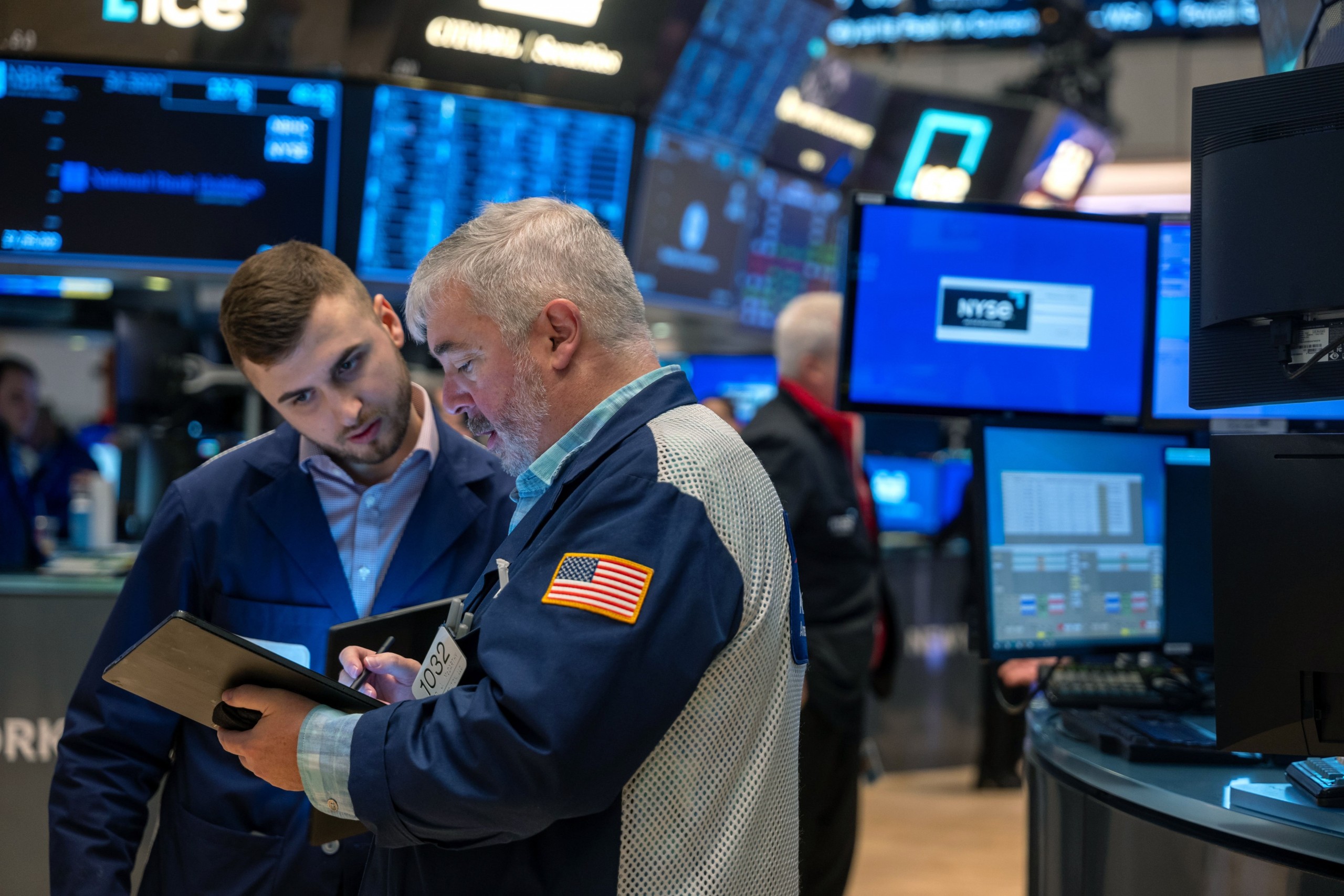The timing of his remarks couldn’t have been worse.
Federal Reserve Chairman Jerome Powell went to Washington to deliver his semi-annual monetary policy report to lawmakers. He touched upon 23-year-high interest rates, above-trend inflation, and the Basel III Endgame proposal. His remarks surrounding the health of commercial real estate were the most fascinating for observers. It was not necessarily what the US central bank chief said but rather the timing of his comments in front of the House Financial Services Committee.
Jerome Powell Dismisses CRE
The US commercial real estate (CRE) challenges could be another headwind for the banking system. The sector’s issues come as the nation commemorates the first anniversary of the regional banking meltdown when the federal government bailed out wealthy depositors at Silicon Valley Bank and Signature Bank. Is New York Community Bancorp (NYCB) next? Before getting to this potential failure, let’s take a look at what Powell said on Capitol Hill.
 Jerome Powell reiterated that stress in the commercial real estate market is a “manageable problem.” He noted that too much office real estate supply and shrinking downtown retail are the main factors behind CRE. Powell explained that “there will be losses by some banks,” especially for small- and medium-sized banks. They will need to build enough capital, amplify liquidity volumes, and adopt a plan to grapple with the industry’s issues, according to Powell.
Jerome Powell reiterated that stress in the commercial real estate market is a “manageable problem.” He noted that too much office real estate supply and shrinking downtown retail are the main factors behind CRE. Powell explained that “there will be losses by some banks,” especially for small- and medium-sized banks. They will need to build enough capital, amplify liquidity volumes, and adopt a plan to grapple with the industry’s issues, according to Powell.
“I am confident that we’re doing the right things there,” the Fed head stated in an exchange with Rep. Jim Himes (R-CT). “And I do believe it’s a manageable problem.”
But while these might seem like innocuous comments, the timing of his delivery was comedic.
A New York Minute
New York Community Bank, one of the nation’s largest commercial real estate lenders, has been replaying the trading sessions heading into last year’s banking crisis. The company faces various headwinds, be it “material weakness” in internal controls or credit downgrades by Fitch and Moody’s. Analysts now warn that NYCB could witness deposit outflows comparable to Silicon Valley Bank and Signature Bank unless customer confidence is restored.

(Photo by Spencer Platt/Getty Images)
Roughly an hour after Jerome Powell made his commercial real estate comments, NYCB shares crashed 42%, leading to the stock being halted on the New York Stock Exchange. Traders responded to Reuters and The Wall Street Journal reports that the bank was looking to raise capital to boost its balance sheets and resuscitate client trust.
The stock’s fortunes enjoyed a substantial turnaround after it was announced that NYCB would receive a cash infusion by entering into liquidity agreements with Liberty Strategic Capital, Hudson Bay Capital, and Reverence Capital Partners. The regional bank would receive up to $1 billion in funding. However, the biggest development from the news was former Treasury Secretary Steven Mnuchin joining the bank’s board of directors. Joseph Otting, former comptroller of the currency, is also becoming a board member and will serve as the new CEO.
Beginning of the End?
Is the regional banking crisis 2.0 over before it even started? Even if there were a calamity, Wall Street can be assured that the federal government trio – the Eccles Building, the Federal Deposit Insurance Corporation (FDIC), and the Treasury Department – would intervene and prevent contagion in the broader banking sector.
Unfortunately, underlying challenges persist, particularly for small- and medium-sized financial institutions. Close to $1 trillion in commercial real estate loans will come due in 2024. Fourteen percent of all CRE loans and 44% of office loans are underwater. The delinquency rate for small banks is at an all-time high of 7.8%. Consider this frightening prognostication from Columbia Business School professor Tomasz Piskorski, who told The Daily Mail: “If nothing changes — if interest rates remain elevated and property values do not improve — we do view defaults at the rate of the Great Recession, and in fact even higher, as quite a possibility.”
Does anyone have a case of Pepto-Bismol handy? At this stage of his time at the helm of the Federal Reserve, Jerome Powell likely has a lifetime supply of the stuff.

